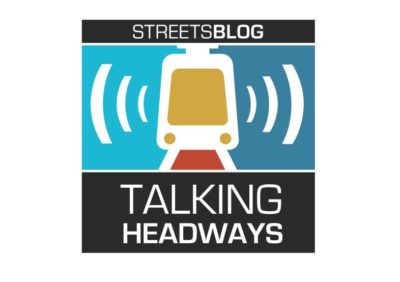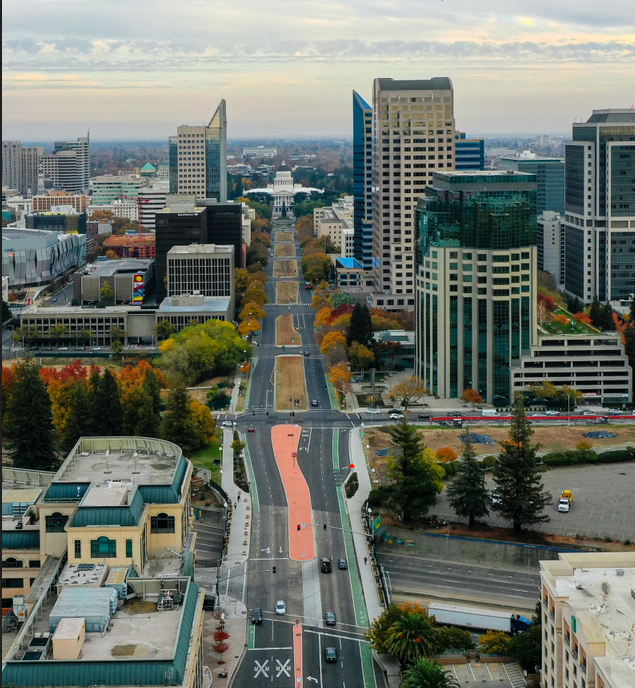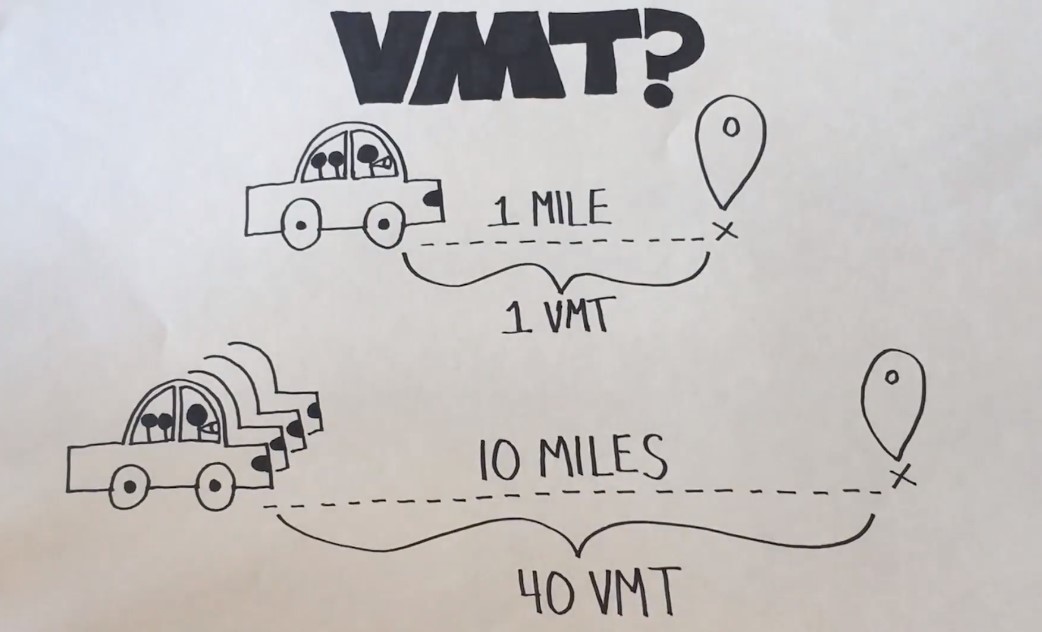This week we’re joined by Michael Spotts, a senior visiting research fellow at ULI’s TerwiligerCenter for Housing and head of Neighborhood Fundamentals. Spotts chats with us about takeaways from the Shaw Symposium on Urban Community Issues, the definition of infrastructure, and the importance of taking a systems approach to important interconnected topics like transportation, education, and health care.
For those of you who get your news through your eyes and not your ears, there’s an edited transcript below the audio player. If you want a full, unedited transcript (with some typos!), click here. If you want to listen, here you go:
Jeff Wood: Of your 10 takeaways, I was specifically interested in the one that discussed the importance of looking at all these systems together — like housing and healthcare. Healthcare is a perfect example of that silo that we don’t think of in a "systems" way. People need to get to appointments. People need to be housed so they’re not taking up emergency bed space in these hospitals, so there are synergies that happen there. But we often don’t talk about them that way. They’re just kind of, "That’s healthcare, that’s off in the boonies," but actually it’s all connected.
Michael Spotts: Exactly. And it’s a challenge because of how many hospitals systems are surrounded by seas of parking and you’re creating barriers to entry, and you’re raising the floor of mobility that people have to be able to get to in order to easily access healthcare services. There's spillover implications on that. Another example, just like health, is in the educational system. How many universities or colleges or community colleges are in some ways their own gated communities within the cities in which they live? They have really huge impacts on the surrounding communities, both positive and negative. So they bring money into the community through the people that come to the college and spend money there.
But they also, if they’re not integrating from a systems approach with the urban-planning approach and housing policy, university towns can really drive housing prices up if development as a whole is not keeping up, or if universities are not building dorms, depending on the nature of the university. If it’s a grad school, it can have different implications for different types of housing markets. But if you’re not looking at how the university fits within the broader system, that can create some challenges. But again, it’s another example where you can look at it as an opportunity as well. If you can get that systems approach, maybe because you have many cases, large parcels of institutional land that you can use for redevelopment projects, you have, in some cases, endowments, large sums of capital through these health networks or educational endowments that can be invested in the community.
You have opportunities for integration and pilots. If you’re talking about universities, how can they create a STEM program targeted in underserved communities that creates a pipeline from the local community neighborhoods into the higher educational system for the health sector? Can you use some of your resources to drive better outcomes through community-based care and other types of innovation pilots? So I think we can look at these institutions now that are operating often, though not exclusively, in silos. We definitely should think of the challenges that that creates, but I think we can also be optimistic and look at what can be achieved if you start seeing better integration, because these are often very rich, from various manners of speaking, rich institutions that have opportunities to play better with the local community.






